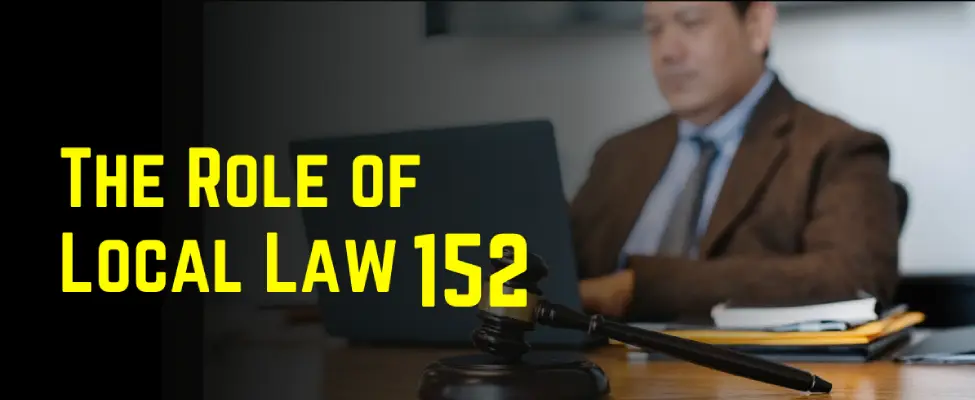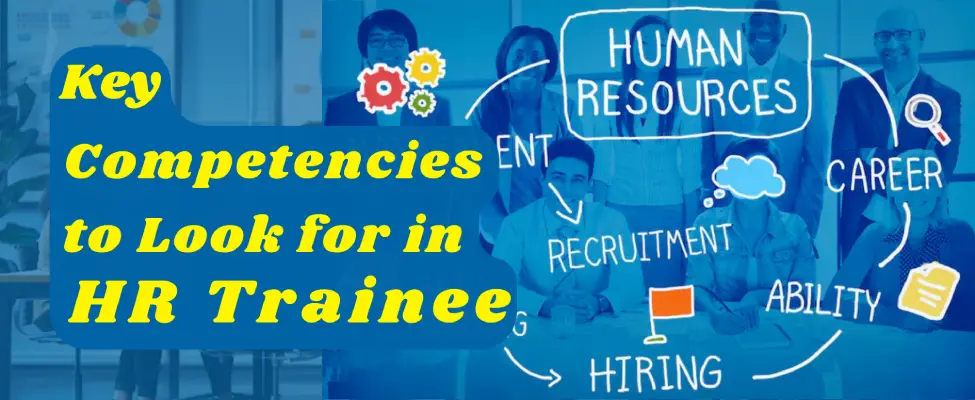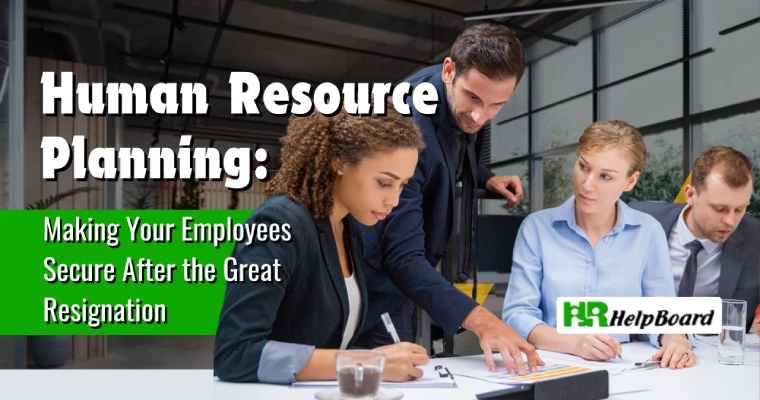Category
- Performance Manag.
- Job Performance S.
- Evaluation Proced.
- Employee Self Eva.
- Training and Deve.
- Performance Appra.
- Balanced Scorecar.
- Bell Curve Apprai.
- Performance Appra.
- 360 Degree Perfor.
- Job Analysis.
- Job Description.
- Job Specification.
- Performance Manag.
- Goal Setting for .
- Performance Plann.
- SMART Goals.
- Performance Appra.
- Performance Execu.
- Legal & Ethical I.
- Performance Manag.
- Performance Manag.
- Job Design.
- Employee Engageme.
- Job Satisfaction.
Reviewed by HR & Business Communication Experts Updated for 2026 Professional Communication Standards
Performance Planning Process
The first step in the performance management process is performance planning. This process is typically consists of “meeting” between appraisers and appraise who are ready to spend quality time for discussion. It is a platform which gives a chance to the manager or appraiser to interact with his subordinate or apprise directly and get to know about his/ her performances through discussion or interaction. It also provides an opportunity to appraiser and appraise to know about their further career plans and goals through discussion.
Therefore, performance planning is the prior step of bringing into the meeting or discussion points.
The appraiser and apprise, prepare themselves as per performance review agenda and reach to common consent to discuss about the same. It also sets the highest priority responsibilities of both of them and operating in a way that the performance can be measured accurately, and family.
The agenda for this meeting consist of four primary activities:
Performance-Planning
Exhibit 1
Performance Planning – Manager’s Accountability
In the performance planning process, manager role is thought as the most important because he sets the pillar of all discussion and concludes the meeting on a positive note with the consent of the employee. It is his responsibility to create an environment in which both (appraiser and apprise) feel comfortable and being confident to discuss in open and transparent manner. Therefore, planning is the most important criteria to accomplish the objectives during the meeting.
Accountabilities prior to conduct meeting
a) The manager should review the company’s vision, mission and objective besides his departmental or functional goals.
b) Review the individual key performance areas and job description apart from his performance deliverables.
c) Create a roadmap of goals and objective for coming year of an employee. This will help him to discuss with his subordinate while setting the performance targets for next appraisal cycle.
d) Identify the skills, knowledge and attitude gaps of his subordinate to perform the job. This would help him to make training and developmental needs and can recommend the training sessions accordingly.
e) Identify the competency skills which are most critical to perform the job and map it with his existing skills levels.
f) Determine the key performance indicators for successful performance in his area/ task
During the Meeting
a) Create a friendly and open environment for transparent discussion
b) Communicate to employee about the key position responsibilities, goals and competencies expected to perform his job.
c) Converse about the individual training needs or developmental needs to employee and take his consent on the same. Manager should also enquire from his employee about his expectations in terms of training & development. it will enable to fill the gaps of his knowledge and skills.
d) Try to be a coach or mentor to employee and avoid emotional conversation to make the discussion more objective and productive
e) Motivate employee and build confidence and trust
Performance Planning - Employee Accountability
Likewise manager, the employee also carrying the important responsibilities in the planning phase ofperformance management which is as discuss below:
Accountabilities prior to conduct meeting
i. The employee must know and clear about overall department goals and objectives and management expectations out of his performance or level.
ii. The individual performance must align with department goal. It should play a supportive role in achieving Department objectives
iii. The employee should make his key performance achievements or accomplishments which he had done during the performance appraisal period. It should be reflected and measured through his given KRA Key responsibilities areas) and KPI (Key performance indicators)
iv. Determine the training and development needs in view to upgrade his skills and knowledge level to perform the job for next level as well
v. Think about the coming year objective and goals to perform bigger responsibilities and contributing in achieving department goals.
During the Meeting
a) Discuss his last year performance, achievement and failures openly with his manager.
b) Ask for necessary support and resources required from management or his manager to perform his job better.
c) Discuss about the key position responsibilities, goals and important competencies of his job
d) Propose his training and developmental needs to fill his skills or knowledge gap
e) Discuss about his personal & professional development plans with manager.
Author & Reviewer
This content is prepared and reviewed by HR and workplace communication professionals and is updated to reflect current professional Standards.
Latest JobsView All
-
Assessment Lead (English) @ De... New Delhi 17 Feb 2026 Ascent Human Solutions Pvt. Ltd..
-
Marketing Manager @ Delhi... New Delhi 17 Feb 2026 Ascent Human Solutions Pvt. Ltd..
-
Manager Quality... Gurgaon 13 Feb 2026 Ascent Human Solutions Pvt. Ltd..
-
Editorial Manager - English @ ... New Delhi 17 Feb 2026 Ascent Human Solutions Pvt. Ltd..
RELATED ARTICLES
-
Business & Management Budget-Friendly Office Cubicles: Cost-Effective Options for ... Explore
-
Law & Compliances Integrating Local Law 152 Gas Inspections Into Your Annual B... Explore
-
Human Resource Key Competencies to Look for in HR Trainees Explore
-
-
Performance management Employee Happiness and Workplace Happiness 2025 Explore
-
Performance management Boosting Employee Engagement and Knowledge Retention through... Explore
-
Human Resource Why Employee Voice Matters? Explore
-
-
-
Human Resource HR Planning - How to Manage Your Leave Policy Structure Explore
-
Human Resource Mastering Leadership: The Three C's of Success Explore
-














